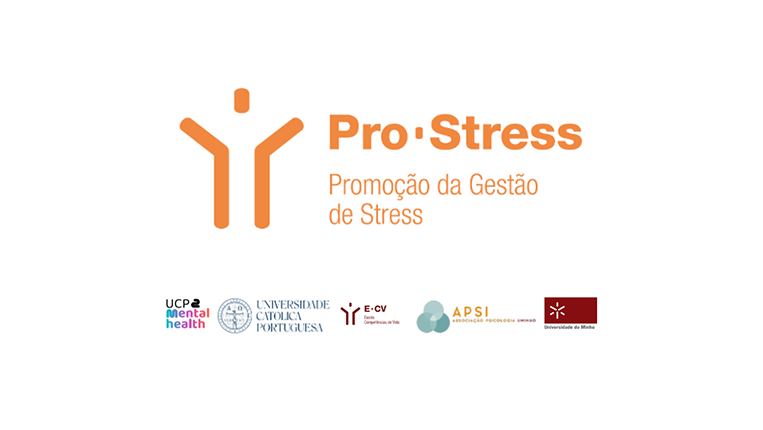Grief encompasses a range of emotional, physical, behavioural, and social reactions that occur as a natural response to the loss of someone close, a diagnosis of an illness, or a significant change.
Thus, grief is predictable and intrinsic to being human, constituting a stressful event that most people will face throughout their lives. However, in cases of prolonged or complex grief, from a mental health perspective, depressive disorders, anxiety disorders, or others may arise.
Therefore, to cope with grief, it is important to:
- Feel and express the emotions experienced
- Seek support when necessary (e.g., friends, family, or professionals)
- Respect the necessary time (e.g., there is not necessarily a "right time" to overcome a loss)
- Take care of yourself
Loss always represents a unique experience and, if experienced functionally, can increase the likelihood of building a new adaptive identity post-grief!
Find out more at…
Franco, M. H. P. (2021). O luto no século 21: uma compreensão abrangente do fenômeno. Summus Editorial.
Mikulincer, M., & Shaver, P. R. (2022). An attachment perspective on loss and grief. Current opinion in psychology, 45, 101283. https://doi.org/10.1016/j.copsyc.2021.11.003
Parkes, C. M. (1988). Research: Bereavement. OMEGA - Journal of Death and Dying, 18(4), 365-377. https://doi.org/10.2190/1H2Q-LVYD-UWXL-FMDE


